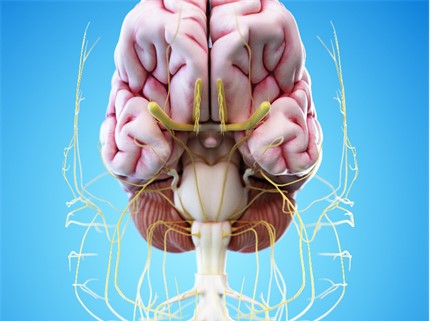Helping others feels good. That’s a fact. But is there more to it? Can helping someone else benefit us in more ways than we know?
Helping others is both physically and mentally beneficial. Studies have shown that when we help someone in need, it dampens the part of the brain associated with fear and stress. Plus, our self-esteem improves, our risk of depression decreases, and we have more energy. There have also been links to physical health benefits such as getting sick less often and living longer.
Pretty amazing stuff, right? Thomas Cothern of Maryland explores below how the simple act of helping someone in need can trigger even greater benefits for you.
What Physically Happens to Our Brain
When people provide targeted support to someone in need, two areas of the brain are activated: the ventral striatum, or VS, and the septal area, or SA. Further, scans show decreased activity in the amygdala, which is the center of the brain that is linked to fear and stress. Plus, helping others directly can activate the reward centers of the brain, similar to receiving a gift or petting a puppy.
Effects of Decreased Amygdala Activity
The amygdala controls our emotional and physiological responses to fearful or threatening stimuli. When amygdala activity is high, our body is under a higher amount of stress. This leads to higher cortisol levels, which in turn raises your blood sugar. If you lead a stressful life, volunteering regularly or otherwise actively assisting those in need can lower your blood sugar and help prevent diabetes.
People with depression or anxiety can also benefit due to the effect on the brain. Anxiety and depression are associated with a larger amygdala, so calming this center of the brain can improve anxiety and depression symptoms.
Emotional Impacts
Regularly helping someone has been linked to improved self-esteem compared to those who rarely volunteer. This is most likely due to the feelings of purpose and satisfaction we gain by doing good deeds for others. It has long been understood that acts of kindness such as volunteering improve our mood, increase our energy, and improve our overall outlook on life.

Physical Impacts
Aside from the mental benefits discussed above, aiding others can cause physical benefits as well. Regular volunteering has been linked to a longer lifespan, reduced illness, and improved heart health. These benefits can all be attributed to lower blood pressure when we reduce stress levels and feel more positive about life in general. Volunteering can even help with weight loss since you’ll be more physically active.
Final Thoughts
Overall, volunteering and helping those less fortunate triggers areas of our brain that produce a happy, fulfilled feeling. The positive benefits caused by these changes in our brain’s physiology may also be connected to increased physical activity or social activity when volunteering.
However, it’s essential that the motives for volunteering remain pure; the positive effects on mental and physical health only occur when volunteering with altruistic intentions.

